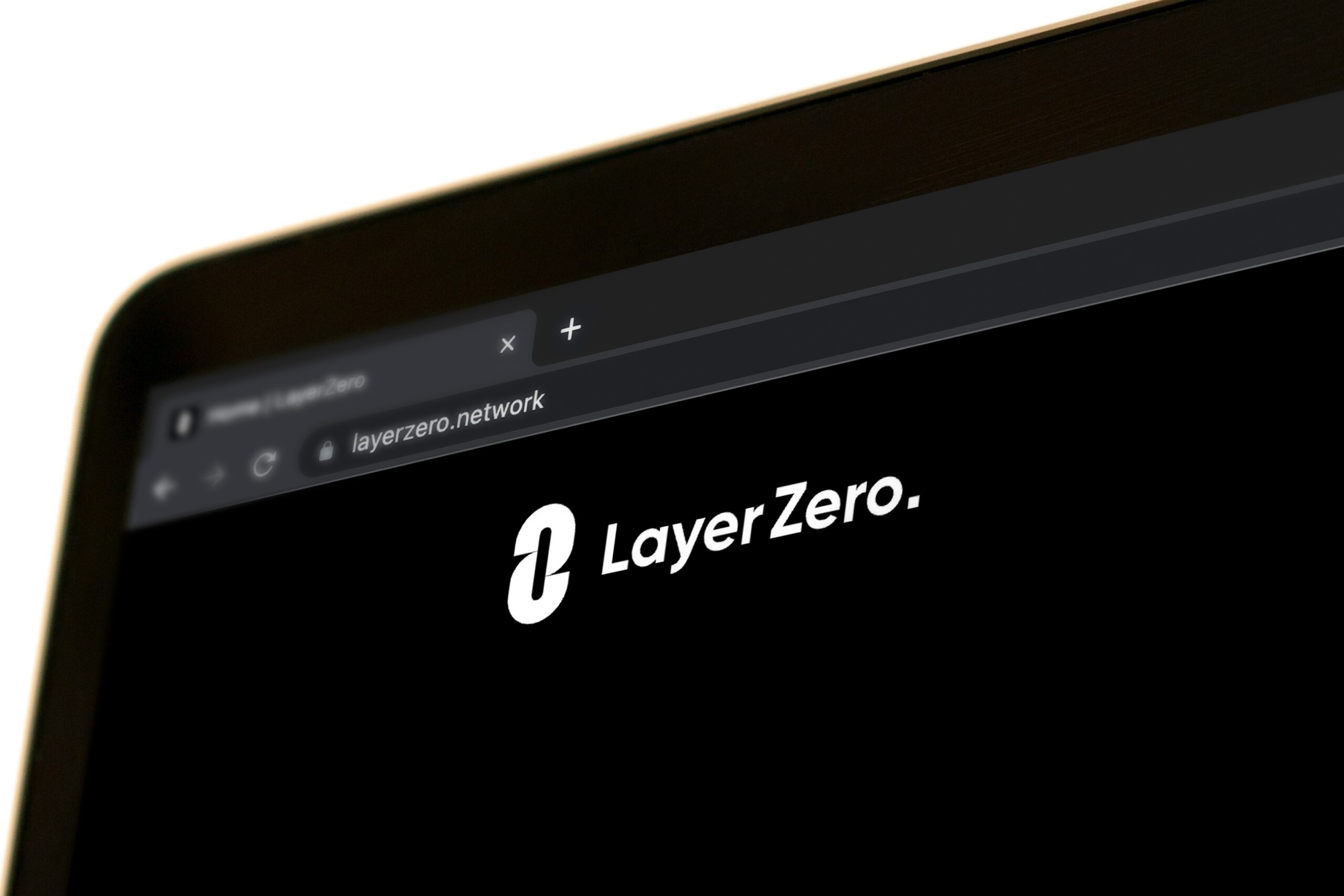When users of cross-chain interoperability protocol LayerZero go to collect their ZRO token airdrop, they will have to donate $0.10 in USDC, USDT, or ETH per ZRO received.
The “donation,” if we want to call it that, will go toward Protocol Guild, which helps Ethereum developers. While this goal is commendable, the way LayerZero is going about it feels heavy-handed.
A Donation or a Tax?
As a libertarian, I find this move troubling. It’s not a donation. It’s a tax — a compulsory contribution. LayerZero is requiring users to pay to collect their tokens, which have historically been free to collect.
“There is no forced donation, if you don’t want to donate… simply don’t claim. This is not something you own, it’s something being offered,” said Bryan Pellegrino, LayerZero Labs CEO, defending the move on X.
Pellegrino has a point, while the voluntary nature of airdrops has become central to the ethos of crypto, it isn’t our right. But, it’s not just about the money, it’s about the principle. In our industry, where decentralization and freedom are highly valued, imposing a mandatory fee feels like a betrayal. LayerZero could have achieved its goal of supporting the Protocol Guild in a way that allowed users to choose how they wanted to participate, rather than imposing a one-size-fits-all solution, which was decided without consulting the community.
There’s a broader field of behavioral economics, which supports the idea that institutions should guide people’s behaviors. In this case, LayerZero’s policy comes off as paternalistic, pushing users to support the Protocol Guild. Instead of making users pay, they could have offered an option to reduce their allocation, which would have respected individual choice and aligned better with the decentralized ethos of crypto. Pellegrino commented on X that “proof of donation was supposed to make people stop and think for two seconds, literally, pennies of donation per and to an amazing group who actually needs the support and all of us have benefited a TON from.” Isn’t this the same as the state asking you for taxes to distribute wealth?
It’s important that projects experiment with token distributions. I am the first to admit the current system isn’t working. Even Pellegrino said initially, he had no plans to do an airdrop and that the “meta is just entirely broken.”
Read more: Airdrops Just Aren’t Working Anymore
After users see their allocations, some feel entitled to more than they received, as if they had claims to any amount of tokens. As Chris Burniske noted, “Founders watching entitled airdrop farmers complain about their allocations in the same breath that these farmers immediately dump their tokens are likely reconsidering the loyalty gained, and cost expended, during airdrops.” Projects have every right to decide how they allocate their tokens and shouldn’t be swayed by these complaints.
LayerZero has excelled in its anti-sybil campaign with enormous efforts to filter out sybil attackers, which aligns well with the crypto ethos of fairness and genuine participation. This commitment to maintaining integrity within their airdrop process is commendable and reflects a strong alignment with the values that many in the crypto community hold dear.
Read more: Has LayerZero Shot Itself in the Foot With Its Sybil Detection Program?
It could be argued that this move — to support Ethereum developers with an airdrop tax — will help put the tokens into the hands of genuine users since they would be the only ones willing to pay the fees. But by not consulting the community nor respecting individual choice, the method chosen by LayerZero feels like a step in the wrong direction. By giving users the option to reduce their allocation instead of making a payment, LayerZero would have shown a commitment to the values that have made the crypto community what it is today.



